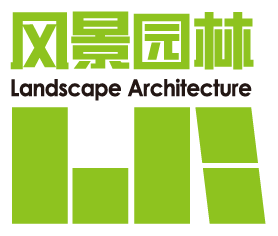Abstract:
The literal expression of landscape is an essential method for aesthetic subjects to perceive landscape and convey their aesthetic interests. This research constructs a framework for landscape aesthetic process through theoretical analysis, and collects and sorts out 389 proses on the landscapes in the western suburb of Suzhou in the past dynasties, and then analyzes the writing subjects and expressing objects thereof and aesthetic consciousness contained therein, through statistics, visualization, and analysis of paintings and literature in the way of cross reference. The research finds that, all the writing subjects ever experienced spatio-temporal evolution, namely migrating away from hometown once, but returning to hometown finally; the writing objects present the characteristics of evolving from the near to the far, and from the macro to the micro; the writing content reflects the trajectory of aesthetic changes of writing subjects in the panoramic presentation of landscape, the interaction between objects and subjects, the grasp of form and quality, and the evaluation of landscape. This research innovatively takes literature as the entry point to explore landscape aesthetics transition under the subject consciousness, with a view to stimulating thinking on landscape planning practice while improving historical theoretical research on Suzhou landscape.


 下载:
下载:
